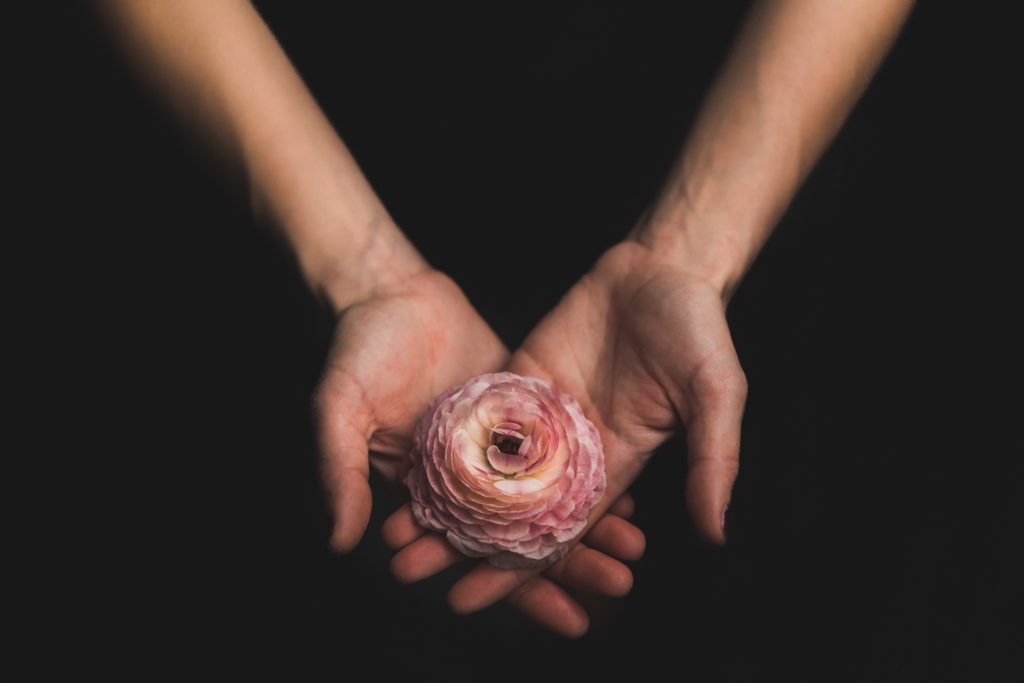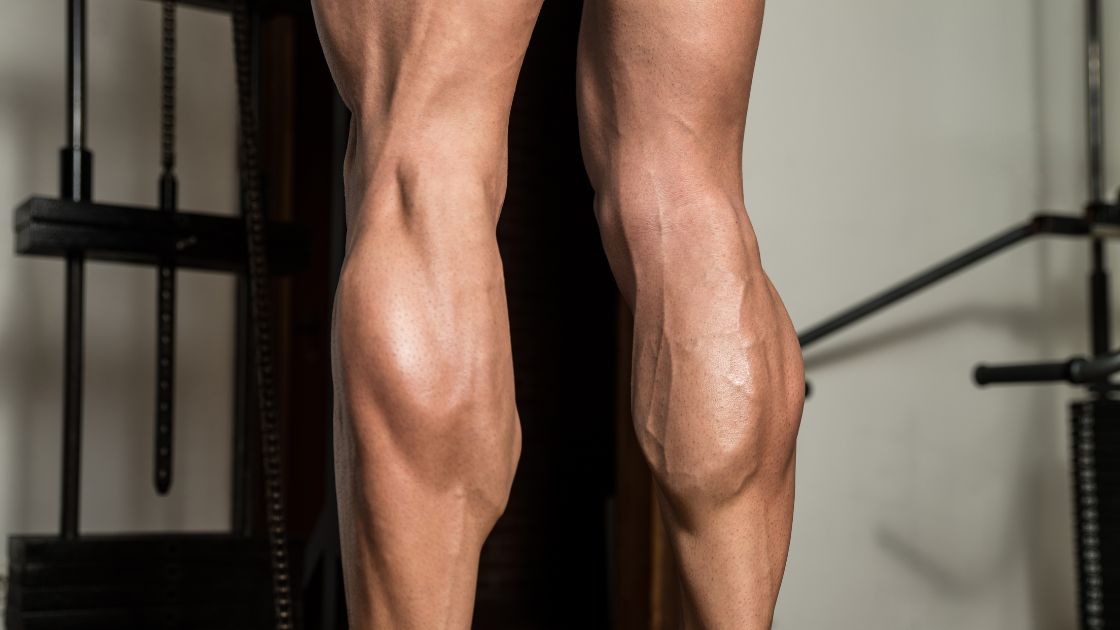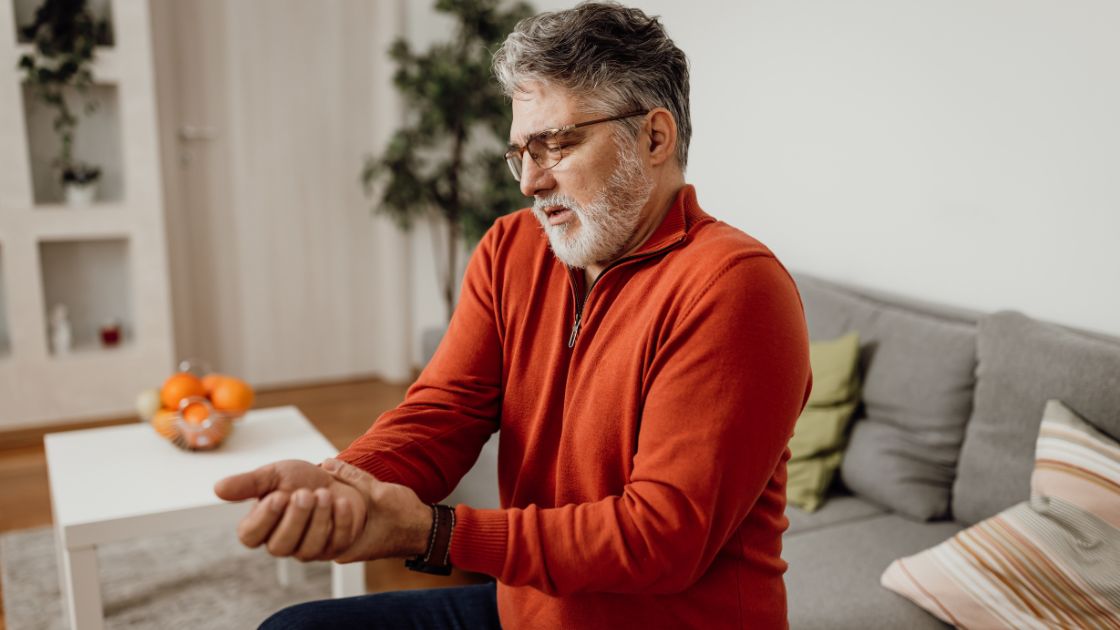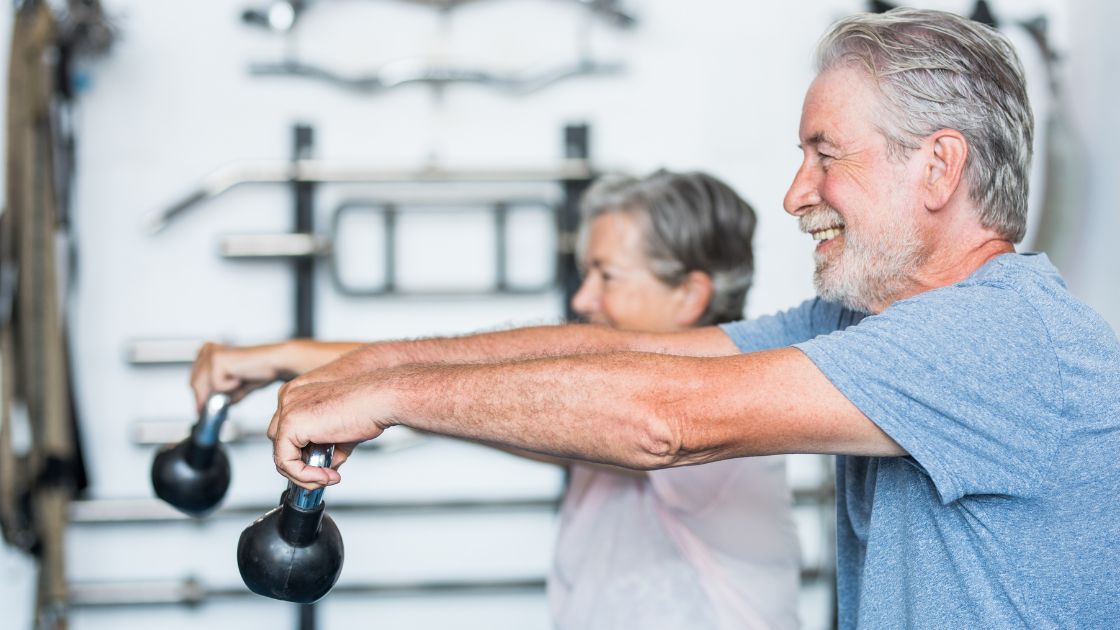What Are The Benefits of Massage Therapy?

“Aaaahhhhhhh”
If you’ve had a massage before, you know what I mean. You already know how relaxing they are. Even deep, therapeutic, firm massages leave a person in a relaxed state. The benefits of massage therapy have been well documented through scientific research studies, published in peer-reviewed journals.
Massage therapists primarily work on muscles. So, it no wonder that massage therapy is the number one choice for pain that ultimately stems from the muscles. But, current research points to massage an effective therapy for all sorts of disorders including most (if not all) diagnosed disease conditions. Does massage help you fight off cancer, improve fertility, or decrease anxiety? It does!
So, What Are The Benefits of Massage Therapy?
- Relieves Stress (Sympathetic Inhibition)
- Promotes Relaxation (Parasympathetic Stimulation)
- Relaxes Muscles
- Relieves Depression and Anxiety
- Promotes Quick Recovery from Surgery/Injury
- Lowers Blood Pressure
- Helps Fight Chronic Fatigue Syndrome
- Relieves Headaches
- Boosts the Immune System
- Increases Balance
- Lessons Severity of Asthma
- Reduces Symptoms of Insomnia
- Improves Circulation of Blood and Lymph
- Relieves Depression and Anxiety
Improves Circulation
Heart disease is the number one killer of Americans. Your heart and circulatory system are responsible for pumping blood around the body to deliver oxygen, water, and other vital nutrients to every cell in the body. We all know that we can’t go a few minutes without oxygen. Without oxygen coming into the body via respiration, we die.
However, once the oxygen is in the body, it is up the heart muscle and arteries to get that oxygen out to all the cells in the body. If we have a compromised circulatory system, we can’t get oxygen to the cells, and they die. After a lot of cells in the same tissues die, organs stop working as well as they used to. Then they fail. Slowly. Instead of dying in a few minutes, we suffer from chronic degenerative diseases. This is often called the “aging process”, so we just live with it (or die with it). But, it doesn’t have to be this way.
There are actions we can take to improve our circulation. The benefits of massage are so diverse because massage physically moves blood (and lymph) throughout the body. Massage pushes blood to parts remote parts of the muscles, bringing oxygen, water and food to the cells of the muscles. The “normal” aging process of muscles by which they become dysfunctional and turn into connective tissue is called fibrosis. But, it doesn’t have to be normal, it can be prevented through massage.
So, does massage therapy improve circulation? A very recent study proved it quite well. In fact, it proved that massage therapy is equal to exercise. Even in people who don’t exercise (shame on them!) increased blood flow was measured for three days after the massage!
Reduces Stress
We’ve all heard that stress is a killer. We’ve all heard that massage therapy is great for reducing stress. But, how do we know? Research! A research study, a long time ago, was published in regards to blood pressure.
Three groups of people had their blood pressure taken over a short period. One group received weekly massage therapy. Another group just laid in a room for an hour, weekly (to simulate the quiet and restfulness of massage, with the actual massage), the last group did nothing.
The group that laid in a quiet room had a slight reduction of blood pressure. The group that did nothing had no change. However, the group that received actual massage therapy had a significant reduction of blood pressure, sometimes surpassing effects of taking blood pressure medication.
How did this work? And, does it work for other bodily functions? The answer is yes. Every system of the body responds positively to massage because of its effect on the nervous system. Every person has a brain, spinal cord and nerves that control every aspect of their life. Your eyes, ears, nose, tongue, and skin collect information and send it back to the brain.
Our minds do the decision making, the conscience thought. However, most of our bodily functions are controlled by the Autonomic Nervous System (ANS). We don’t have to think about breathing, pumping our hearts, digestion, it just happens under the direction of parts of our nervous system that we don’t even think about.
The Autonomic Nervous System
There are two parts to the ANS: The Sympathetic Nervous System (SNS) and the Parasympathetic Nervous System (PNS). The SNS is referred to as the “Flight or Fight” system while the PNS is referred to as the “Feed and Breed” or “Rest and Digest” system.
We have a great stress response! In times of danger, blood and energy are delivered to our muscles, eyes, hearts, and lungs and away from our organs that are not immediately needed to save our lives. Since the organs if digestion, reproduction, detoxification and our immune system are not needed in times of acute stress, the body shuts them down.
The PNS division is active when we are relaxed. (This should be most of the time!) This is when we are healing, recovering, and growing. One of the strongest benefits of massage is that our autonomic nervous system is dominated by the PNS and we can heal ourselves.
Who Needs Massage Therapy The Most?
The people who are under chronic stress can benefit the most from massage therapy. Acute stress is normal and our physiology is built for survival. If you are chased by momma moose, you want to go into super human mode. However, careers, relationships, and finances are common sources of ongoing chronic stress. Our organs don’t work well and we suffer the slow aging process that leads us towards a chronic degenerative disease.
Therefore, massage benefits every single aspect of our lives. Massage therapy is shown by research to inhibit the SNS and promote the PNS. It is estimated that 1 hour of massage therapy provides 8 hours of relaxation. Regular massage therapy is part of a healthy lifestyle because it ensures we are not always running on our sympathetic nervous system and in our healing mode!
Written by: Randy Moyer, DC
Photo Credit: Unsplash @MatthewHenry





